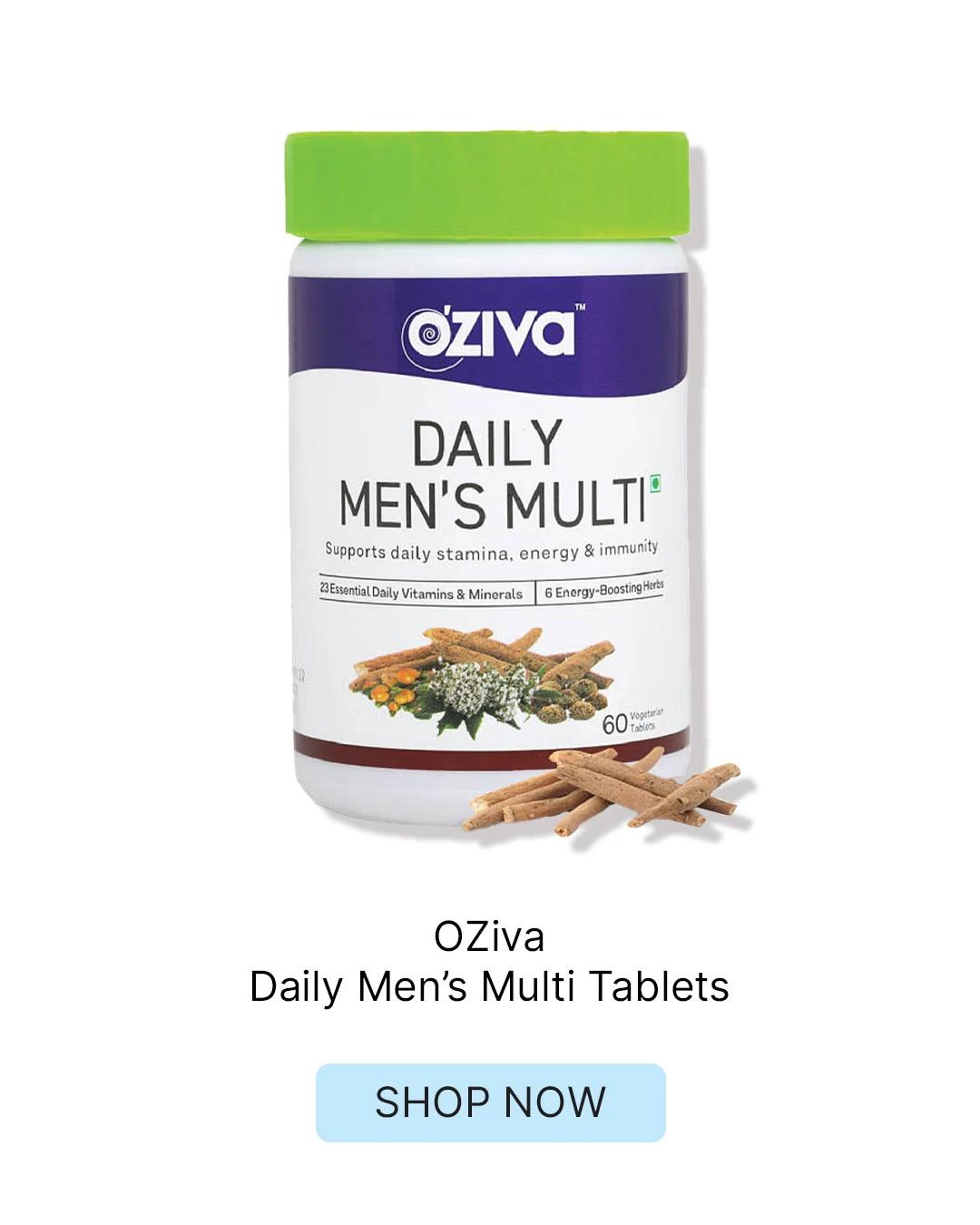Frequently Asked Questions
How long does ovulation bloating typically last?
Ovulation bloating usually lasts 1-3 days around the time of ovulation, which typically occurs around day 14 of a 28-day cycle. Some women might experience it for slightly longer, but it should resolve on its own as hormone levels stabilise.
Can ovulation bloating be a sign of pregnancy?
Ovulation bloating happens before potential conception, so it's not a pregnancy symptom. However, some women do experience bloating as an early pregnancy sign later in their cycle, but this would be separate from ovulation-related bloating.
Are there any over-the-counter medications that can help with ovulation bloating?
While some over-the-counter options exist, natural remedies are often gentler and just as effective. If you do choose medications, always follow the instructions and consider consulting with a pharmacist or healthcare provider first.
How can I differentiate between ovulation bloating and PMS bloating?
Timing is key—ovulation bloating happens mid-cycle (around day 14), while PMS bloating occurs in the week or two before your period. Ovulation bloating is typically shorter-lived and may come with other fertility signs like changes in cervical mucus.
Final Thoughts
Managing ovulation bloating naturally is totally doable with the right approach and a bit of patience with your body. Understanding your menstrual cycle and recognising these fertility symptoms can help you feel more in control of your reproductive health. Remember, every woman's experience is different, so it might take some trial and error to find what works best for you.
Speaking of trying new things, Smytten is India's largest product discovery and trial platform, connecting consumers with top lifestyle, beauty, wellness, and grooming brands. With curated trial packs from over 1,500 trusted brands, you can explore wellness products that might help support your women's wellness journey without the commitment of full-size purchases. Whether it's herbal teas, aromatherapy products, or other natural wellness solutions, you can get up to 8 minis for just ₹249 with 100% cashback redeemable for future orders. After all, why settle for 'maybe' when you can Try It All and find what truly works for your body.
